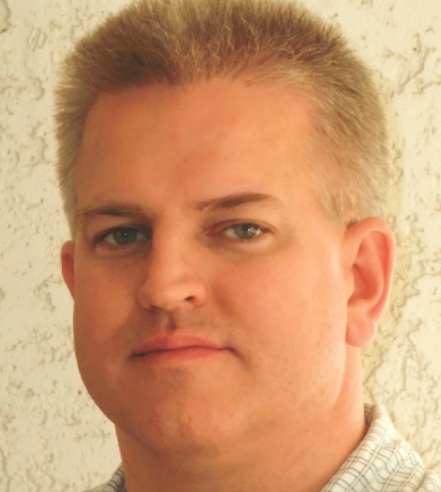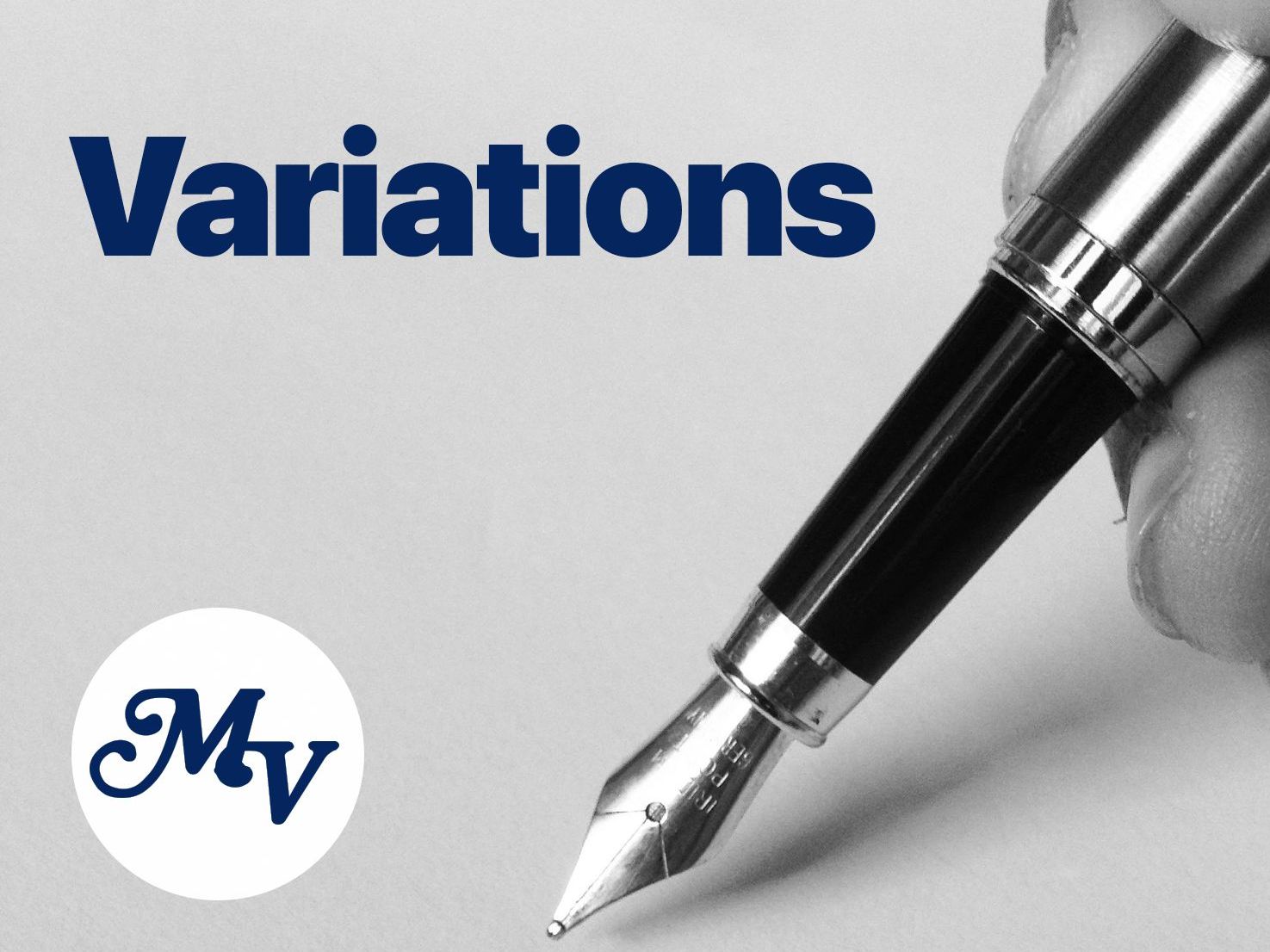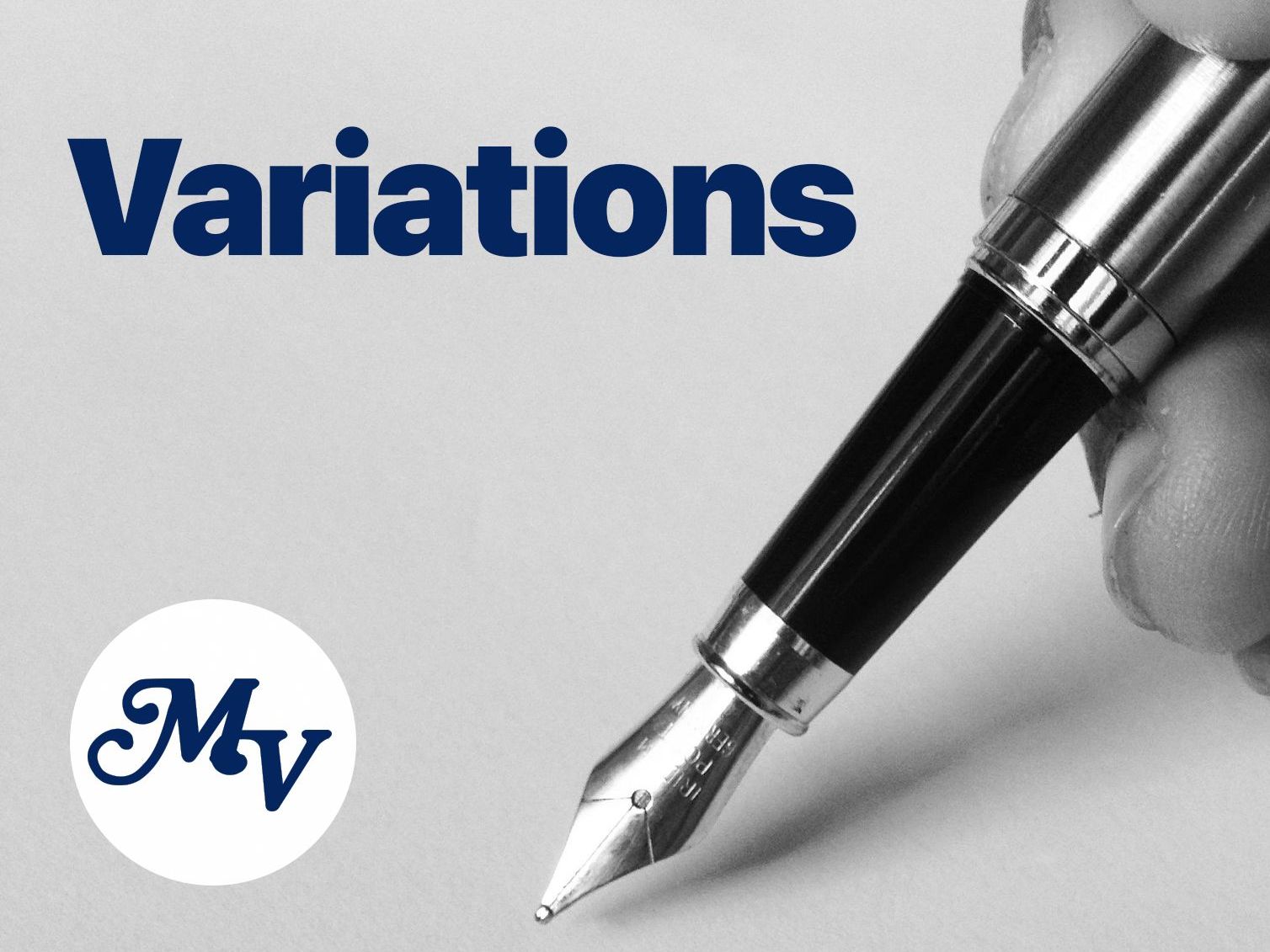CONTINUING from last week, here is the conclusion of Kathy John Bowles’ thoughts on leadership in higher education.
“How a president deals with a crisis — how swiftly, how professionally, how ethically and transparently, how compassionately — is crucial. A president must know the law and have excellent counsel, must ensure that the institution acts with integrity and honesty, and must show appropriate due diligence and empathy. A president, like a police officer, protects and serves.
“A president interacts with hundreds if not thousands of people on a daily basis through e-mails, speaking engagements, receptions, events, and meetings. While sometimes people engage a leader to convey gratitude, kindness and support, more often people want the president to address and solve problems.
“And by the time a problem is great enough to land in front of a president, the problem is often quite large and fraught with emotional baggage. In expressing a desire for a president to make decision, people exhibit the panoply of human emotion, from hysterics to angry threats. Some people can be devious and untruthful. Like a psychologist, a president knows how to carefully listen to problems, act with composure, and have a high emotional intelligence to be able to read people. A president must be able to connect to others without getting overwhelmed or paralyzed by the numerous issues confronted on a daily basis.
“This job is tough emotionally; numerous presidents have succumbed to the pressure by acting out in their own ways. There are presidents who have lost themselves, lost control, lost their jobs, and tarnished the reputation of their institutions through fits of anger, depression or substance abuse. A president’s ability to cope, to stay centered, to know her own emotional limits makes all the difference.
“After pointing out all the ways in which a president must be strong physically and emotionally, it cannot be forgotten that we are talking about being the leader of an educational enterprise. Intelligence matters but not in the way most faculty members think it does. Yes, it is important for the leader to be emblematic of higher education by being an expert in her field and having a terminal degree. However, being a president is not discipline-specific. A president must be able to relate to, understand, and appreciate all disciplines within the institution. A president must be able to communicate effectively with the board members, donors, lawmakers, community members, parents, students, staff and faculty.
“A president is smart when considering all assets both human and financial. This requires a superior type of intelligence; one that higher education touts and asks its students to aspire to. It is the type of intelligence that synthesizes and applies knowledge in a visionary way to create strategies for success and distinction. It is an innovative, deep, steadfast intelligence seen in the likes of a Nobel laureate.
“As I reflect on these qualities, I consider today’s revolving door found at the president’s office at so many institutions. The length of tenure has dropped to five years or less.
“Are there only a few people who fit this bill? Is the job more difficult and more complicated? Are expectations too high? Probably, yes. More so, I believe it is because most search committee members often think the profile of a successful president is indicated by a succession of positions listed on a resume. Those are indeed important tangible indicators of possible future success. However, after a year of observation and study I can say it is more about the intrinsic qualities and attributes described here that make a successful president.
“A president cannot be one-dimensional. A president is everything to everyone at all times while being a wholly genuine and authentic individual. A president should be chosen for his or her ability to connect and commit to an institution and people served in a physically, emotionally, and intellectually healthy manner.”
BC Cook, PhD lived on Saipan and has taught history for 20 years. He currently resides on the mainland U.S.

BC Cook











